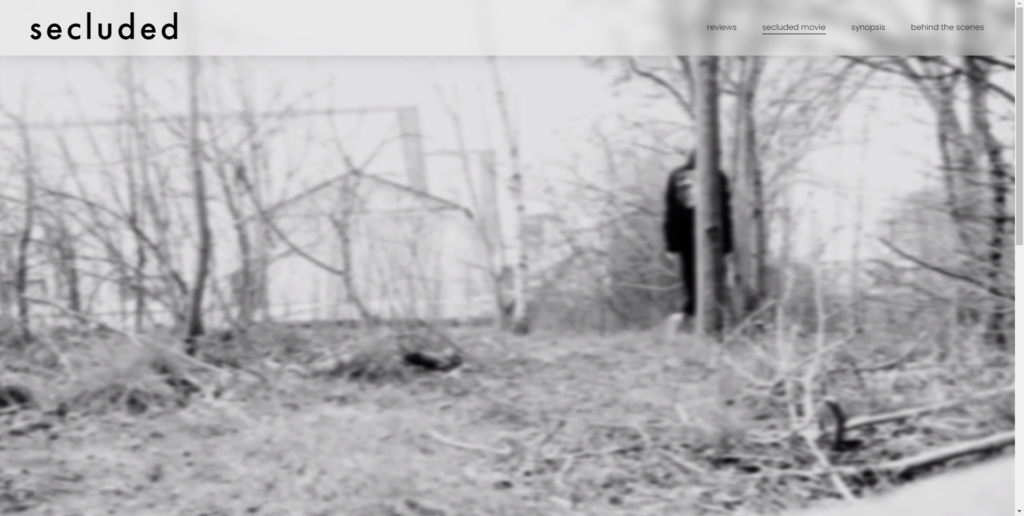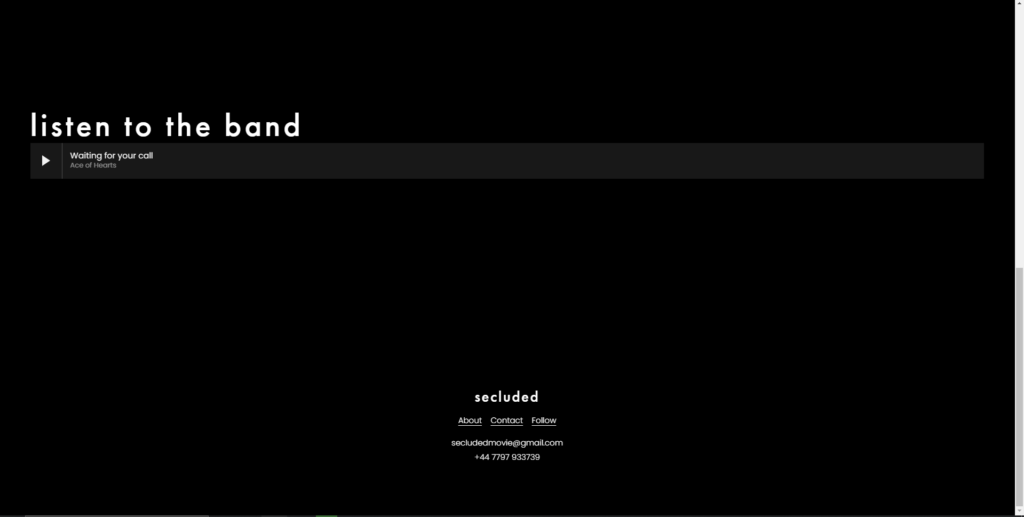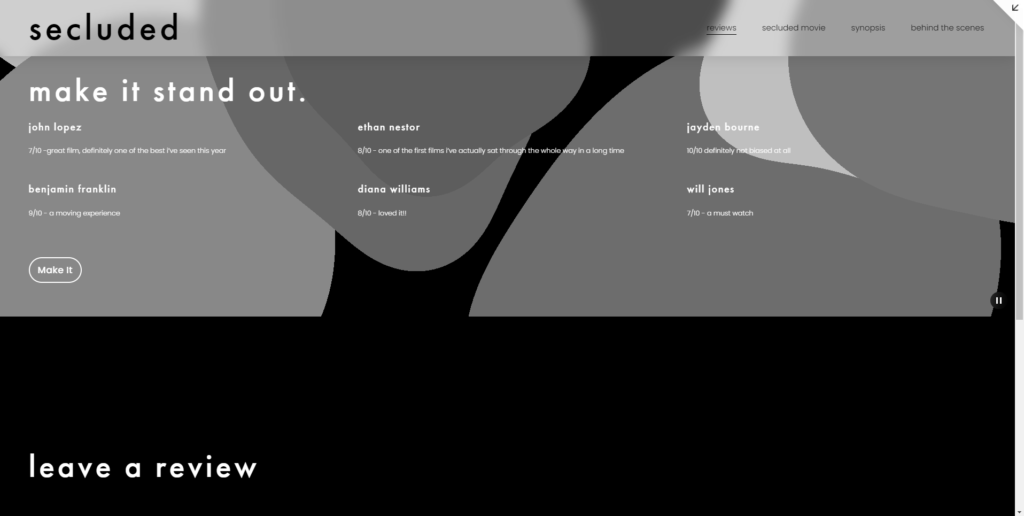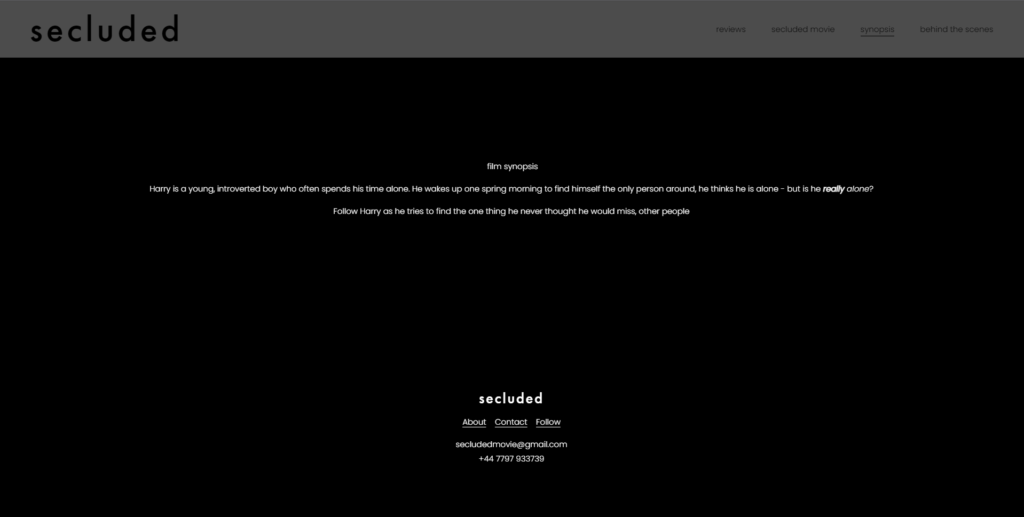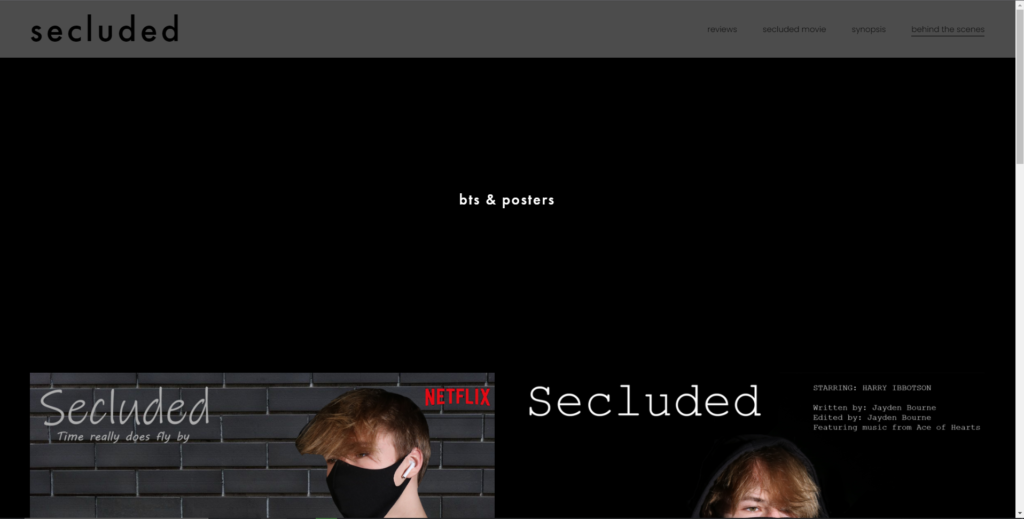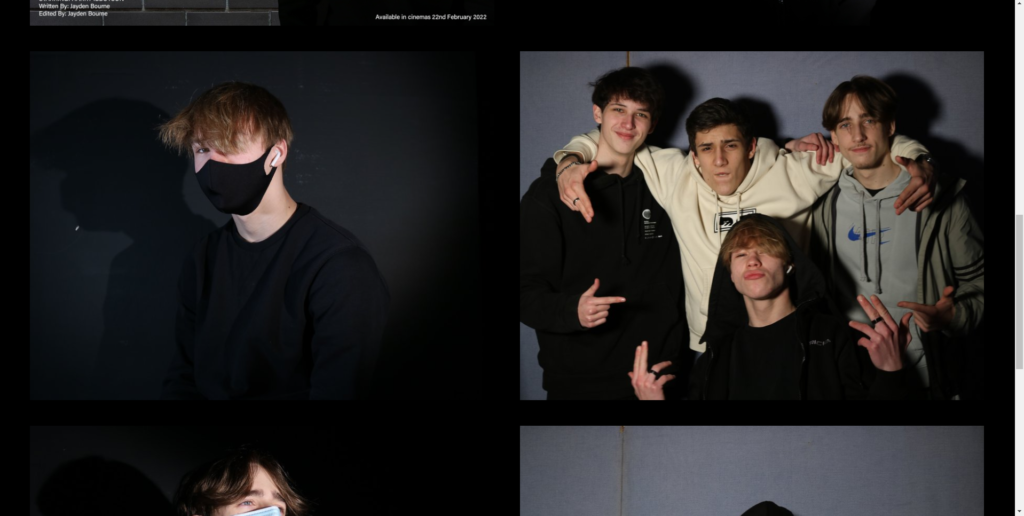Q7 Media Paper 1: Ideology can be defined as a collection of values and beliefs. To what extent do media products target audiences by constructing an ideological view of the world?
You should refer to your newspaper Close Study Products, The i and The Daily Mail.
Introduction
The 2 CSPs “The i” and “The Daily Mail” construct an ideological view of the world based on their political compasses, The Daily Mail constructs a conservative view of the world, based around what they want and their views – whereas The i constructs a more liberal view of the world, shown in their neutrality.
Argument
The Daily Mail is a conservative newspaper, proven 0by quotes in the June 6th 2022 publication, such as “Boris Johnson is by a country mile the best person to lead the Tory government” on the editorial page. This quote is in support of Boris Johnson, the conservative Prime Minister of the UK. Furthermore, the newspaper opposes those who are against conservatism with quotes such as “Tory rebels plotting catastrophe”. This quote shows to me that The Daily Mail is unhappy with the “Tory Rebels”, it also shows that the paper is a Tory paper – they want the Tory’s to succeed and is unhappy that the rebels are getting in the way of that. “Gimcrack alliance… they are either clueless or simply don’t care”, this quote shows the negative views that the paper has on the alliance – and that they believe that those supporting it are clueless. “Only Starmer gains from this clueless plot” helps to show this, Starmer is the leader of the Labour party, who the Daily Mail would not want in charge. Other quotes show The Daily Mails older and more traditional views, for example in the editorial column “Is West End going broke because it’s gone all woke?”. This quote is making fun of being “woke”, suggesting that it is the cause of the West End going “broke”. The Daily Mail is owned by the “Daily Mail and General Trust” – who’s chairman is The 4th Viscount Rothermere. Rothermere is a supporter of the former conservative leader David Cameron, which shows that he too is conservative. In addition, Lord Rothermere, who owned the paper before the 4th Viscount Rothermere, was a friend of Benito Mussolini and Adolf Hitler- showing his support of them by directing the Daily Mail’s editorial stance in their favour during the early 1930’s. The paper was originally founded by Alfred Harmsworth in 1896, who whilst he was chairman, the paper reported on “The Shell Crisis of 1915”. The stance that the paper took was so critical of the liberal government, it caused the end of H. H. Asquiths lead as Prime Minister.
I would agree that the Daily Mail constructs an ideological view of the world based around conservatism, to target audiences who are conservative. Throughout the papers history, it has gone against liberals and supported those who are conservative (i.e. Hitler, Mussolini, Cameron) and shows more traditional or older views on the world – such as blaming being “woke” on the current downfall of the West End.
“The i” is a more liberal newspaper. Whilst also being owned by the Daily Mail and General Trust, it is run independently with only one editor. Whereas the Daily Mail openly supports the conservative party, The i does not – choosing to not endorse any political party during key moments such as elections. However quotes such as “How long before Priti Patel makes it illegal to boo at someone we find offensive?” openly criticise the conservative party – showing the papers liberal stance. In addition, Nick Clegg, a liberal deputy Prime Minister is a fortnightly columnist for the paper – having a liberal columnist shows the papers support for the liberals as opposed to having a conservative columnist. Jeremy Corbyn, former leader of the labour party, also showed his support for the newspaper – declaring himself a dedicated reader. This support to and from the left-wing parties shows that the paper is more liberal than the Daily Mail. whether they want to remain neutral or not. Furthermore, Oliver Duff – the editor for the paper – is the youngest editor for any UK national newspaper, which may give The i some newer views than the Daily Mails older ones. Whereas the Daily Mail has an editorial column, which shows the editors views and does not give a voice to many, The i has an “opinion matrix” instead; which can include a range of different voices and opinions and gives more freedom and plurality in those voices and opinions.
Noam Chomsky states that the motive of the media is profit, and that critical journalism takes second place. The Daily Mail’s and The i’s journalism construct their views to target the audiences that buy into those views and increase profits. Noam Chomsky also states that there are 5 filters of mass media, and both papers have been shown to use these. For example, “Links with the establishment” – as mentioned earlier, Lord Rothermere was friends with Adolf Hitler and Benito Mussolini, and supported both of them in The Daily Mail during the 30’s. Even now, the front page of the Daily Mail quotes “Joyous Jubilee” alongside a picture of Queen Elizabeth – which is in clear support of the royal family, the establishment of the UK. Another example of the 5 filters of mass media is “Uniting against a common enemy”. This is shown in The i, with their criticisms of different political parties. As mentioned earlier “How long before Priti Patel makes it illegal to boo at someone we find offensive?” in The i is clear criticism of the the conservative parties members.




